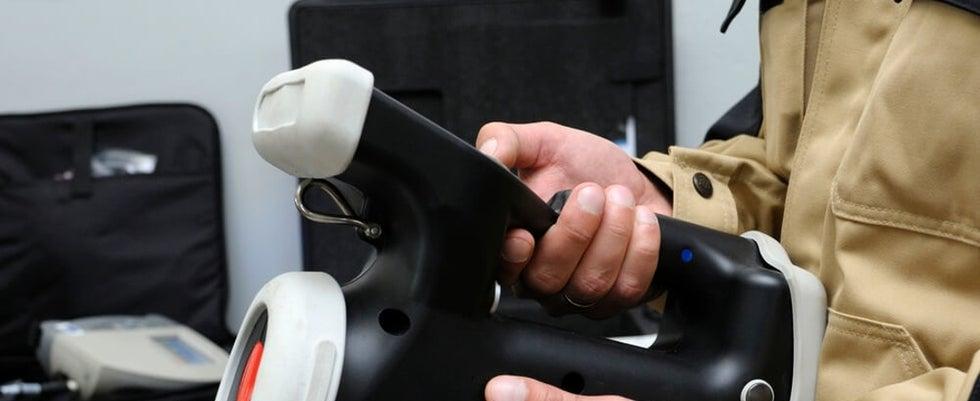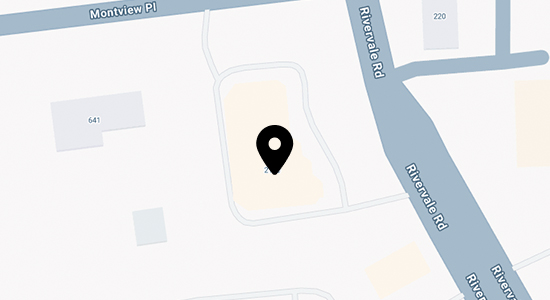- Contact Us Now: (201) 494-2800 Tap Here To Call Us
Clearing the Air: The Importance of Radon Testing in New Jersey Real Estate Transactions

When it comes to ensuring the safety and well-being of residents in New Jersey, radon testing is a crucial step in the real estate transaction process. Radon, a colorless and odorless gas, is a known carcinogen and can seep into homes through the ground. In New Jersey, where certain geological conditions may elevate radon levels, understanding the significance of radon testing is paramount for both buyers and sellers.
Why Radon Testing Matters:
1. Health Risks:
Radon is a naturally occurring radioactive gas that results from the decay of uranium in soil and rocks. When elevated levels of radon accumulate in confined spaces like homes, it poses serious health risks, including an increased risk of lung cancer. Radon is the second leading cause of lung cancer after smoking, according to the U.S. Environmental Protection Agency (EPA).
2. New Jersey’s Geology:
Certain geological conditions in New Jersey, such as granite and shale formations, contribute to higher radon levels in the soil. As a result, many homes in the state are at risk of elevated radon concentrations.
3. Regulatory Compliance:
Radon testing is not only crucial for health reasons but also for regulatory compliance. The New Jersey Department of Environmental Protection (NJDEP) recommends radon testing for all homes, and some municipalities may require it during real estate transactions.
The Radon Testing Process:
1. Timing the Test:
Radon testing is typically conducted during the home inspection phase of the real estate transaction. The test is usually short-term (a few days). Short-term tests provide a quick snapshot of radon levels.
2. Testing Methods:
There are different methods for radon testing, including passive devices like charcoal canisters and alpha-track detectors, as well as active devices such as continuous radon monitors. The choice of method depends on factors like the duration of the test and specific requirements.
3. Interpreting Results:
Radon test results are measured in picocuries per liter (pCi/L). The U.S. EPA recommends taking action if radon levels exceed 4 pCi/L. In such cases, mitigation measures are advised to reduce radon concentrations and create a safer living environment.
Navigating Radon Testing in New Jersey Real Estate Transactions:
1. Buyer Awareness:
Prospective buyers should be aware of the importance of radon testing and consider it an integral part of the due diligence process. Requesting a radon test during the home inspection phase can provide valuable insights into the property’s safety.
2. Seller Responsibility:
Sellers can take a proactive approach by conducting radon testing before listing their property. This allows them to address any radon-related issues in advance, potentially streamlining the transaction process.
3. Mitigation Options:
If elevated radon levels are detected, various mitigation measures are available. These may include installing a radon mitigation system, which typically involves a vent pipe and fan to draw radon from beneath the home and release it outside.
4. Professional Expertise:
Radon testing is best conducted by certified professionals with experience in radon measurement. This ensures accurate results and adherence to testing protocols recommended by regulatory authorities.
In conclusion, radon testing is a critical component of New Jersey real estate transactions, safeguarding the health and well-being of those who call these homes their own. By understanding the risks, testing methods, and available mitigation options, both buyers and sellers can contribute to creating a safe living environment and promoting transparency in the real estate market. Remember, when it comes to radon, knowledge is not only power but also a key to a healthier home. Please contact Joseph DiPiazza, Esq. with any questions or for representation in a New Jersey residential real estate transaction.


